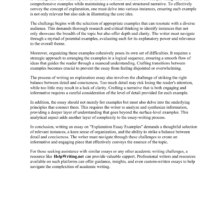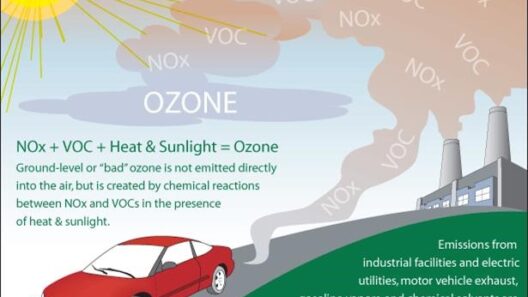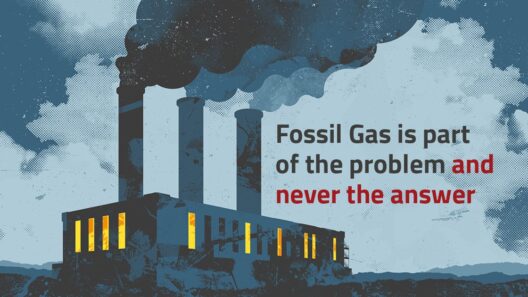Climate change is not merely a distant issue; it is an immediate concern that has begun to unfurl its consequences on the United Kingdom’s landscape, society, and economy. Extremes of weather, rising sea levels, and biodiversity loss are factors that increasingly shape public discourse and policy. In this discourse, protests have emerged as a form of advocacy, a reaction to both the inadequacies and the delays in governmental response. British climate protests are not only raising awareness but also pushing for legislative change, and the ensuing tension between activists and law enforcement encapsulates a societal pivot towards urgency.
Historically, the UK has been a leader in establishing environmental policies. From the 2008 Climate Change Act, which set legally binding carbon reduction targets, to the ambitious goals to achieve net-zero emissions by 2050, the UK has enshrined climate action in legislation. Yet, despite these promising foundations, the reality is stark: the repercussions of climate change are intensifying.
The UK is experiencing an increase in weather extremes, with heatwaves and flooding becoming more prevalent. One cannot ignore the summer of 2022 when the country grappled with unprecedented heat, reaching temperatures above 40°C. This phenomenon not only led to disastrous wildfires but also resulted in health crises, particularly among vulnerable populations. The National Health Service (NHS) reported a surge in heat-related illnesses, underscoring the tangible effects on public health. Furthermore, such extremes push infrastructure to its limits, revealing weaknesses in our preparedness for climate action.
Flooding poses another grave threat, significantly affecting agriculture and housing. The UK sees a frequent inundation due to heavy rainfall, exacerbated by changing climate conditions. Rivers often overflow, landslides occur, and subsequent property damages lead to soaring insurance costs. The impact on farmers is particularly acute, with crop failures driving up food prices and threatening local economies.
Moreover, the biodiversity crisis intersects with climate change. The UK is witnessing a dramatic decline in wildlife populations, with species extinction rates climbing. A report published by conservation groups indicates that one in seven species is endangered. The loss of biodiversity erodes the natural systems upon which we depend, diminishing soil fertility, pollination, and ecosystem resilience. As habitats are altered or destroyed, the interconnectedness of life forms becomes jeopardized, affecting everything from agriculture to tourism.
Given these dire circumstances, public sentiment is undeniably shifting. Citizens are growing increasingly frustrated with what they perceive as governmental inertia regarding climate action. This has fostered a surge in grassroots activism, characterized by organized protests demanding accountability and swift action. Groups such as Extinction Rebellion and Fridays for Future mobilize thousands of individuals to march, striking not only for climate justice but also for intergenerational equity. Their impact is palpable, making climate change a banner issue in both the media and political discourse.
The U-turn in government policy regarding climate change protest tactics has also marked a new chapter in this saga. Police forces, under pressure to maintain public order, have increasingly clamped down on protest activities, introducing legislation that curtail the right to protest. This reaction is indicative of a perception of climate activists as disruptive, rather than essential agents of change. The legality of locking down city streets or engaging in civil disobedience raises important questions about the boundaries of activism. This alteration in policing strategies typifies a societal struggle regarding how best to balance public order with the pressing need for climate action.
As the protests amplify, they spur discussions about sustainable solutions. The UK is well-positioned to invest in innovative technologies that drive down emissions. Renewable energy sources, such as wind and solar, are burgeoning sectors that could generate jobs while mitigating environmental damage. Hydrogen production through electrolysis represents another promising avenue, foreseeing a future less dependent on fossil fuels. These solutions, though promising, require substantial investment and a commitment to reshaping the energy grid.
The task of combatting climate change simultaneously involves international cooperation. The United Kingdom, having hosted the 2021 UN Climate Change Conference (COP26), played a pivotal role in uniting nations in pursuit of global climate goals. However, effective climate action transcends borders, as emissions in one country can have ripple effects globally. Accordingly, the UK must not only focus on its internal policies but also foster collaborative initiatives with other nations to address the trans-boundary nature of climate change.
Public engagement remains paramount in this multifaceted challenge. Educational institutions and non-profits should take charge in promoting awareness about climate literacy. Young people, who epitomize the stakes involved, must be urged to take part in dialogues about the future they wish to shape. Community-led initiatives can drive momentum, encouraging local actions, from tree planting to sustainable agriculture, fostering resilience amid the changes ahead.
In summary, the evidence is clear that the United Kingdom is on the brink of substantial environmental challenges fueled by climate change. Weather extremes, biodiversity loss, food security threats, and social tensions reveal the intricate web woven by this global crisis. The rising tide of activism reflects a collective call to action that demands attention. Policymakers must act decisively and innovatively, implementing measures that address current impacts while preparing for an uncertain future. The path forward requires a blend of robust policy, public engagement, and international cooperation to forge a sustainable, resilient future for the UK.








